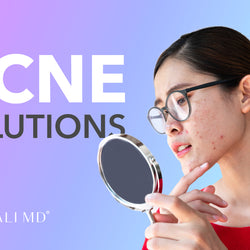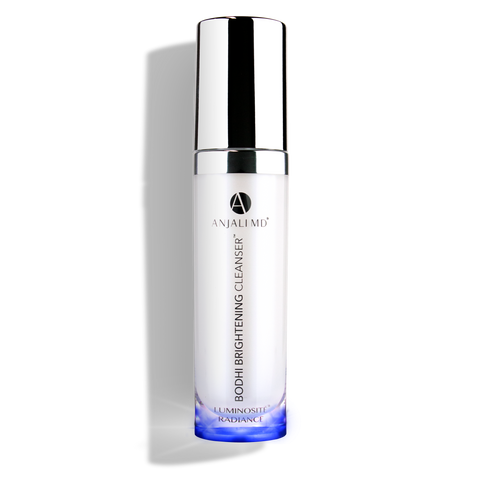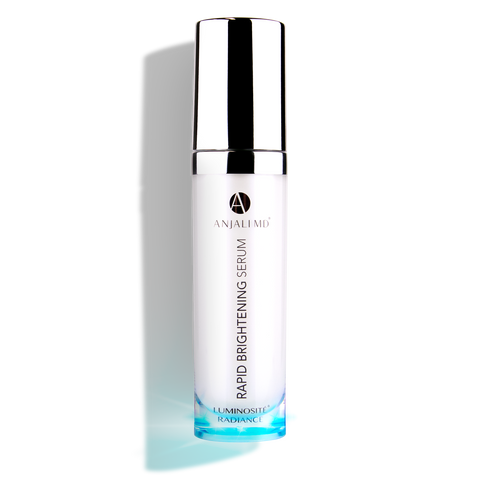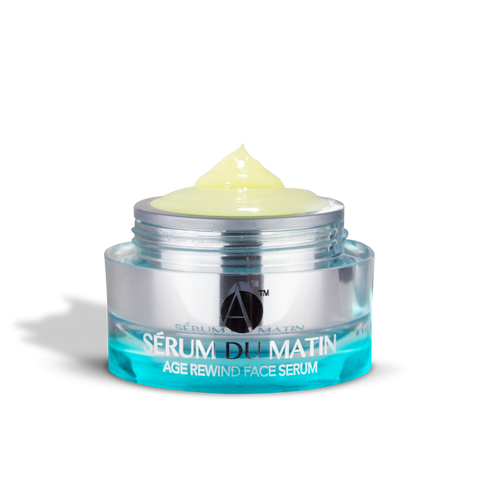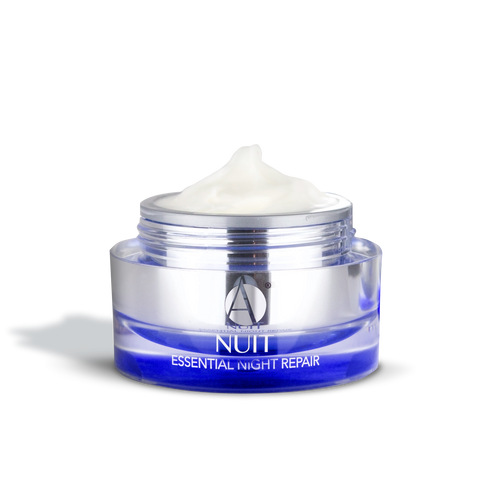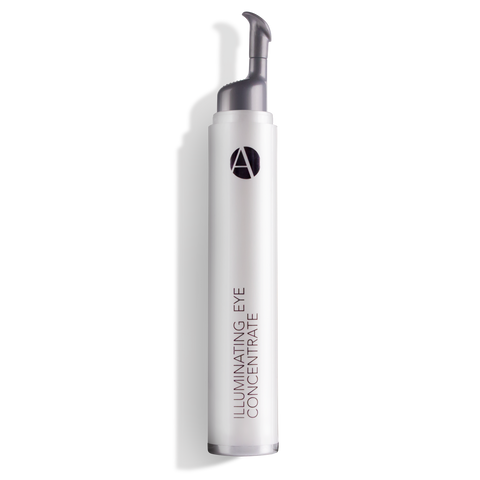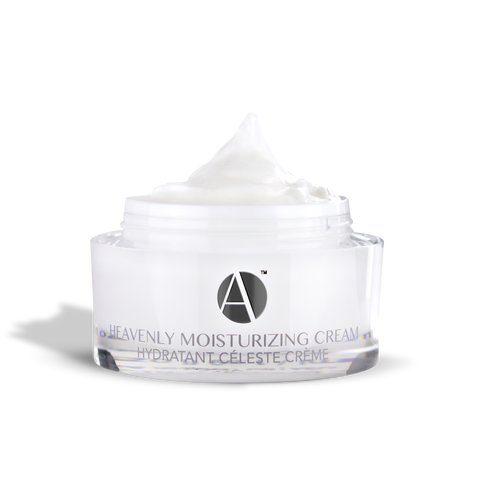The Role of Diet in Healthy Skin
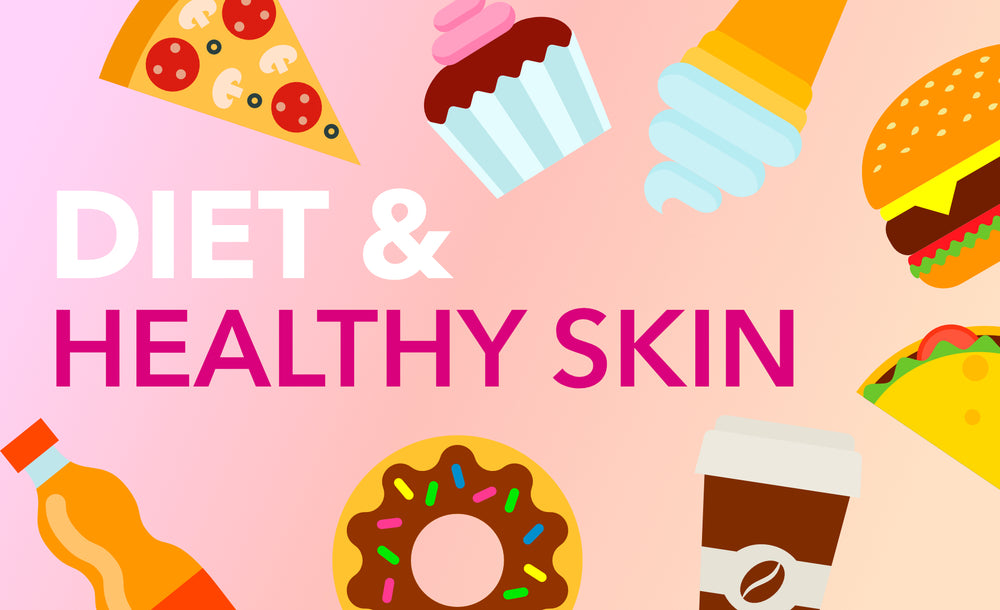
Foods to Eat (and Avoid)
Many people spend a lot of time and money on skincare products and treatments to achieve healthy, glowing skin. However, many don't realize that diet plays a crucial role in maintaining healthy skin. The food you eat can affect your skin's appearance, from its elasticity to its clarity. In this article, we'll take a look at the foods you should eat to promote healthy skin, as well as those to avoid.
Foods to Eat for Healthy Skin
In this section, we'll discuss the foods you should include in your diet for healthy skin. This will include nutrient-rich foods that promote collagen production, help protect against sun damage and reduce inflammation in the body. We'll also explore foods that contain antioxidants and vitamins that can improve skin's overall health.
Healthy Ingredients
Foods rich in antioxidants, such as berries, leafy greens and beans, are excellent for promoting healthy skin. Antioxidants help to combat oxidative stress, which can lead to premature aging and damage to the skin.
Omega-3 fatty acids, found in fatty fish, nuts, olive oil and seeds, help strengthen the skin's barrier and prevent moisture loss.
Foods rich in Vitamin C, such as citrus fruits, berries, kiwi, and bell peppers, aid in collagen production and skin cell regeneration.
Zinc, found in oysters, beef, and pumpkin seeds, can help to reduce inflammation and promote healing in the skin.
Additionally, drinking plenty of water and consuming foods high in water content, such as watermelon and cucumber, can help to keep the skin plump and moisturized.
More foods you should eat
Leafy greens like spinach, kale, and Swiss chard are rich in Vitamins A and C, which promote healthy skin and help prevent damage from the sun.
Colorful fruits like berries, citrus fruits and papaya are also high in vitamins C and E, which protect skin from UV damage and help with collagen production.
Nuts and seeds like almonds, walnuts, and chia seeds are good sources of healthy fats and vitamin E, which can help protect skin from environmental damage and inflammation.
Fatty fish like salmon and mackerel are rich in omega-3 fatty acids, which can help reduce inflammation and improve skin elasticity.
Probiotic-rich foods like yogurt, kimchi and fermented vegetables can improve gut health and boost the immune system, which can result in improved skin health.
Whole grains like brown rice and quinoa are high in complex carbohydrates and fiber, which can help regulate blood sugar levels and promote healthy skin.
Foods to Avoid for Healthy Skin
In this section, we'll explore the foods you should avoid if you want to maintain healthy skin. This will include foods that cause inflammation, contribute to acne and accelerate aging. We'll also discuss how certain food groups, such as dairy and sugar, can affect the skin.
Stay away from:
Processed foods: These foods are high in sugar, refined carbohydrates and unhealthy fats that can cause inflammation in the body and lead to skin problems.
Dairy products: Some studies suggest that dairy products may trigger acne and other skin problems due to the hormones and growth factors they contain. If you are sensitive to dairy, monitor to see which class of dairy affects you. For example, you may have skin issues after drinking milk, but not after eating yogurt. You don’t want to eliminate an entire food group completely unless you truly are sensitive to the entire category.
Fried and greasy foods: These foods can increase oil production in the skin, leading to clogged pores and acne breakouts.
High glycemic index foods: Foods with a high glycemic index, such as white bread, pasta, and sweets, can cause a rapid increase in blood sugar levels, which will trigger inflammation and lead to skin problems.
Alcohol: Drinking alcohol can dehydrate the skin and cause inflammation, leading to premature aging and other skin problems.
Creating a Healthy Skincare Diet
In this final section, we'll provide tips on how to create a diet that promotes healthy skin. We'll discuss the importance of variety, portion control, and meal planning. We'll also offer suggestions on how to incorporate healthy foods into your daily routine and provide sample meal plans to help get you started.
- Creating a diet for healthy skin involves incorporating a variety of nutrient-dense foods while limiting processed and high-sugar options. Here are some steps to get started:
- Focus on whole foods: Incorporate plenty of fruits, vegetables, whole grains, lean proteins, and healthy fats into your diet.
- Prioritize hydration: Drinking plenty of water and consuming hydrating foods like cucumbers and watermelon can help keep skin plump and healthy.
- Incorporate antioxidants: Antioxidants like vitamins A, C, and E can help protect skin cells from damage. Foods like leafy greens, berries, nuts, and seeds are great sources.
- Don't forget about healthy fats: Omega-3 fatty acids found in foods like salmon, walnuts, and chia seeds can help reduce inflammation and keep skin moisturized. Avocados and olive oil are also great sources of healthy fats.
- Limit sugar and processed foods: High-sugar and processed foods can contribute to inflammation and breakouts, so try to limit these in your diet.
By incorporating these tips into your daily routine, you can create a diet that supports healthy, glowing skin.
The Importance of Diet for Healthy Skin
Healthy skin is not just about the products you put on your skin, but also what you put in your body. A diet rich in whole foods, antioxidants, and nutrients can help maintain healthy skin, while foods high in sugar, saturated fat and processed foods can contribute to skin problems. By making simple changes to your diet, you can promote healthy, glowing skin from the inside out.










